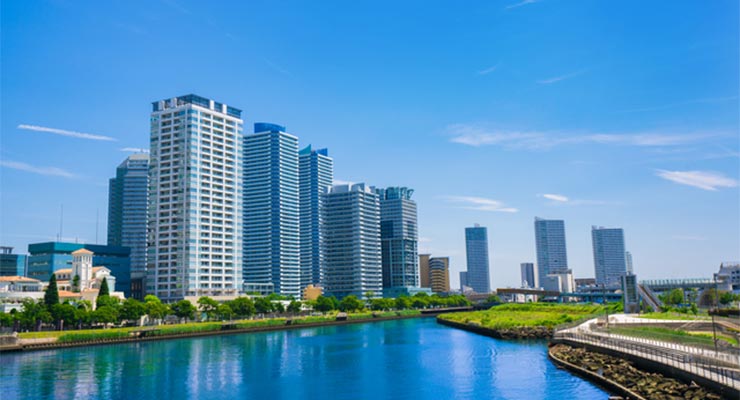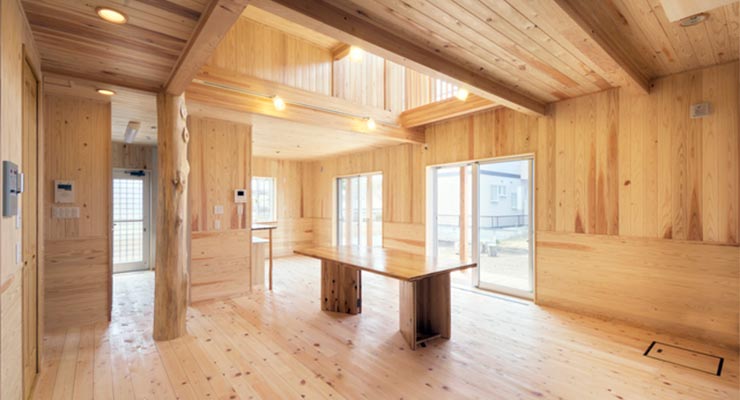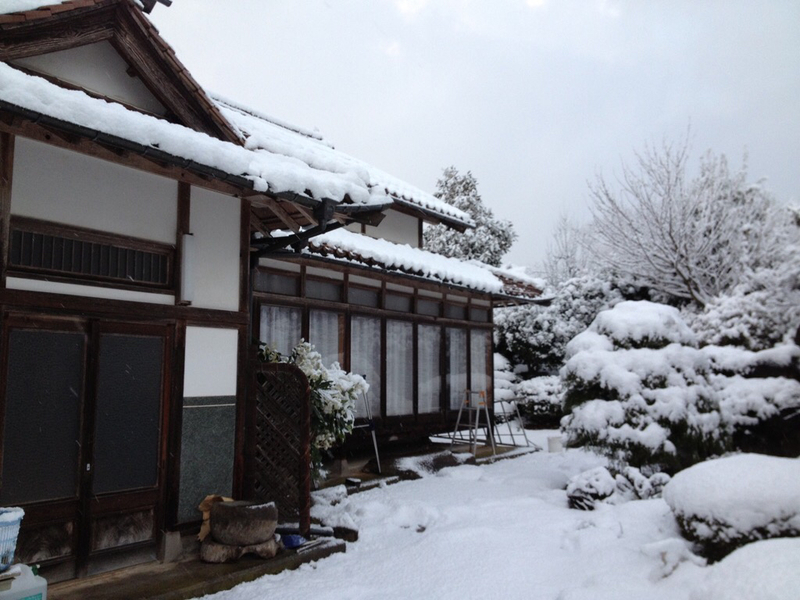
Here are answers to some of the most frequently asked questions foreign investors have about buying property in Japan. This FAQ will be updated as market conditions change.
Why buy property in Japan?
Despite Japan’s stagnant economy and shrinking population, property prices in some parts of Tokyo are at an all-time high. In 2017, the nationwide average growth rate also exceeded that of the previous year. Both residential and commercial properties in Japan’s three biggest economic zones―Tokyo, Osaka and Nagoya―have demonstrated steady growth over the last four years. Commercial properties in Tokyo, for example, went up 2.0 percent in 2015, 2.7 percent in 2016, and 3.1 percent in 2017.Redevelopment projects in the Greater Tokyo Area are also providing positive momentum to support this market trend. This area of Japan has the biggest aggregated population of any metropolis in the world―38 million―and according to a UN report it will retain that position until 2025.
There are many places where prices are still falling. In urban areas, for example, the momentum of the rise is increasing only in the central areas, while suburban areas are struggling to show gains in price.
Will Japan’s real estate prices climb even further?
In the decade since the collapse of Lehman Brothers and the ensuing global financial crisis in 2008, Japan’s property market has rebounded and is now in robust health. Real estate prices in the country overall are picking up, as evidenced by the financing balance of Japanese banks related to real estate transactions, which hit its highest level since 1970. This has propelled the real estate investment and home buying markets.
In early 2017, the price of Tokyo’s core commercial area, Ginza, exceeded the record set in 1992 during the so-called bubble period.

What are the factors driving this trend, and why should foreign investors be interested?
There are several reasons that foreign investors should look at Japan (especially the Greater Tokyo Area) as a potential investment haven.One key is the stability of the political, banking and social environments, which attracts overseas property buyers. In particular, the stable status of the Japanese government minimizes country risk.
Japan is also very safe. In fact, according to The Economist’s Safe Cities Index 2017, Tokyo tops the overall safety rankings, and Osaka, Japan’s second-biggest city, comes in third.
Japan’s ultra-low interest rate helps the cap rate. The assumed interest rate hit a record low of 1.1 percent in 2017, and the Bank of Japan’s low-rate policy will apparently continue.
For foreign investors, the weak Japanese yen also makes Japanese property prices more attractive. In December 2017, the yen was trading at about ¥113 per US dollar, having been closer to ¥100 in 2016.
In an article in August 2017, the Financial Times suggested that inbound tourism―a primary engine for Japan’s economic growth in recent years―continues to boom, fueled by recent yen weakness.
Inbound tourism will create real estate opportunities in the hotel and lodging segment. Major global events in Japan in the coming years include the 2019 Rugby World Cup and the Tokyo Olympics and Paralympics in 2020. Japan needs more hotels and other lodging options to accommodate foreign and domestic travelers. Airbnb announced in 2017 that Tokyo is the most-booked city in the world, and Osaka is third.
Property prices in Tokyo are relatively cheaper than in other international gateway cities such as Hong Kong, Munich, Sydney,
Toronto, London and New York. UBS’s Global Real Estate Bubble Index says Tokyo stands at 0.90, which is moderately overvalued. By comparison, Toronto (2.12), Hong Kong (1.74) and Sydney (1.80) are all significantly overvalued and present a bubble risk.
Japan’s market is also large enough for foreign investors to play around. Size matters when investors want to exit a market.
Finally, Japanese laws and regulations are very robust and transparent. Foreign buyers know their title and ownership are secure.
So what does the future hold?
All in all, many analysts are predicting that property prices in Japan’s major economic zones will continue to rise. We also believe that both the commercial and residential property balloons in big cities will weather any market turbulence and rise steadily over the near term.According to UBS’s Global Real Estate Bubble Index (2017), the urban housingmarket continues to decouple from that of the rest of the country. Since 2012 real prices in urban areas are up 25 percent, while they are down 10 percent nationwide. Low interest rates are sustaining the local boom, but housing is becoming increasingly unaffordable as income growth lags behind. Investors outside Japan with sufficient liquidity can take advantage of that gap.





